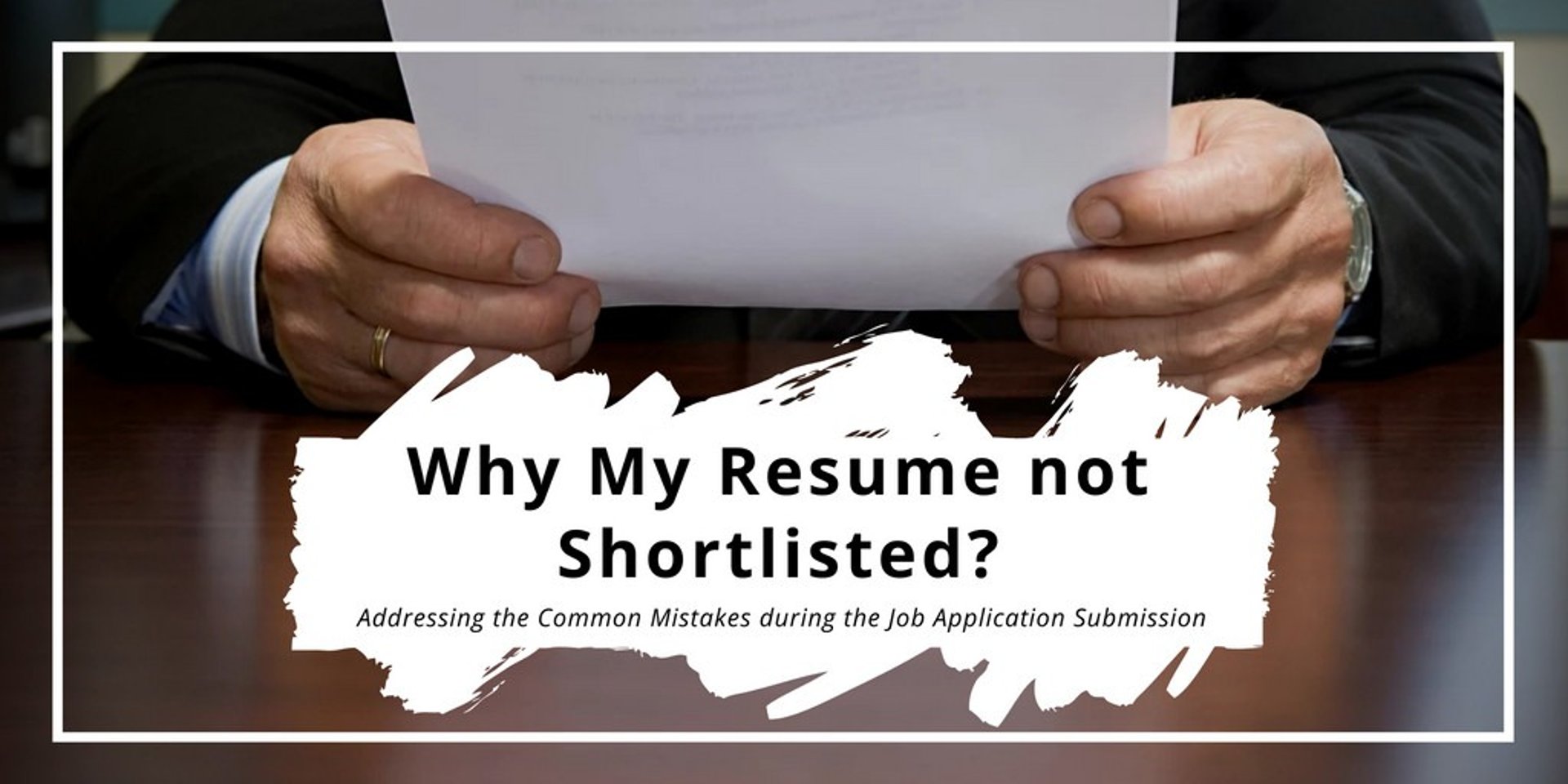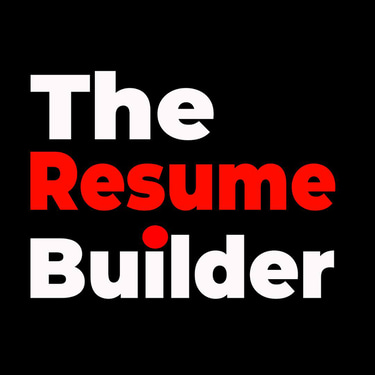
Why Your CV is Not Getting Shortlisted and How to Fix It
Blog post description.
Abhishek Kundu
12/29/20242 min read


Searching for a job can be frustrating, especially when your CV isn’t getting shortlisted, and interview calls are not coming through. Here are the most common reasons why this might be happening, along with actionable solutions:
1. Poorly Structured CV
Issue: Unorganized format and lack of readability.
Solution:
Use clear headers and bullet points.
Choose professional fonts like Arial or Calibri.
Maintain a consistent layout and spacing.
Highlight key sections, such as skills and achievements.
2. Generic CV Content
Issue: One-size-fits-all resumes fail to attract recruiters.
Solution:
Customize your CV for each job application.
Match keywords from the job description to your CV.
Highlight specific skills and achievements relevant to the position.
3. Lack of Keywords
Issue: Applicant Tracking Systems (ATS) filter out CVs lacking relevant keywords.
Solution:
Analyze the job description for keywords.
Incorporate these keywords naturally into your CV.
Focus on job-specific terms like skills, tools, and certifications.
4. Lack of Clear Achievements
Issue: Focusing on responsibilities instead of measurable results.
Solution:
Highlight accomplishments with quantifiable metrics.
Use numbers, percentages, and timelines to showcase impact.
Example: “Increased sales by 20% within 6 months.”
5. Gaps in Employment History
Issue: Unexplained employment gaps raise red flags.
Solution:
Address gaps honestly with explanations (e.g., career break, education, freelance work).
Highlight any upskilling or certifications earned during gaps.
6. Overloading CV with Information
Issue: Too much information can overwhelm recruiters.
Solution:
Keep your CV concise (1–2 pages max).
Focus on the last 10–15 years of work experience.
Use bullet points and avoid lengthy paragraphs.
7. Unprofessional Email Address or Contact Information
Issue: Non-professional email addresses can create a bad impression.
Solution:
Use a professional email (e.g., firstname.lastname@email.com).
Double-check phone numbers and contact details for accuracy.
8. Lack of Relevant Experience
Issue: Experience may not align with job requirements.
Solution:
Focus on transferable skills and relevant achievements.
Highlight internships, freelance projects, or certifications.
9. Missing Cover Letter
Issue: Skipping a cover letter reduces your chance of standing out.
Solution:
Write a compelling cover letter tailored to the role.
Address how you can solve the employer’s problems.
10. Poor Online Presence
Issue: Employers often check LinkedIn and online profiles.
Solution:
Update and optimize your LinkedIn profile.
Align your online profiles with your CV.
Request recommendations from former colleagues.
11. Unexplained Career Changes
Issue: Frequent job changes without context may raise concerns.
Solution:
Provide explanations for transitions in your CV or cover letter.
Focus on growth, learning, or new opportunities.
12. Spelling and Grammar Errors
Issue: Typos and grammatical mistakes create a negative impression.
Solution:
Proofread your CV multiple times.
Use tools like Grammarly for error checks.
Ask someone to review your CV before submission.
13. Unimpressive Summary or Objective
Issue: Generic or unclear career objectives fail to grab attention.
Solution:
Write a powerful personal summary highlighting your value proposition.
Focus on results, expertise, and key achievements.
14. Lack of Technical Skills
Issue: Missing required technical expertise.
Solution:
Highlight relevant software, tools, and technologies.
Include certifications and training programs.
Showcase projects demonstrating technical expertise.
15. Applying for Irrelevant Jobs
Issue: Applying for jobs that don’t match your profile.
Solution:
Focus on roles that align with your experience and skills.
Use job boards and networking platforms effectively.
Final Tips
Networking: Connect with recruiters and professionals in your field.
Follow-Up: Send polite follow-up emails after applying.
Upskill: Pursue relevant certifications or courses to enhance qualifications.
Seek Feedback: Request feedback from recruiters if possible.
By addressing these common issues and applying the suggested solutions, you can increase your chances of getting your CV shortlisted and securing interview calls.
Stay persistent and keep improving your approach!
Expert in
Professional Resume Writing Company in Kolkata, West Bengal
Professional Resume Writer in Kolkata, West Bengal
ATS Resume Writing in Kolkata, West Bengal
GET IN TOUCH
theresumebuilderindia@gmail.com
+91 89813 60947
© 2015. All rights reserved by Abhishek Kundu Resume Writing Co.
abhishek@atsresumewriting.in
